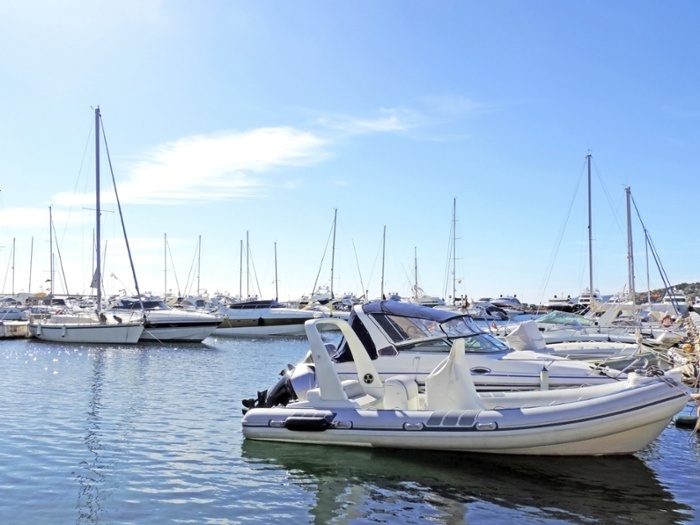 When customers are shopping for a marine battery, their priorities are reliability and a long life span. Batteries serve two basic purposes in the marine market: to start up a gas- or diesel-fueled engine, and to power an electric motor. In either situation, customers want a battery that lasts for years, and one that’s reliable every time they leave the dock.
When customers are shopping for a marine battery, their priorities are reliability and a long life span. Batteries serve two basic purposes in the marine market: to start up a gas- or diesel-fueled engine, and to power an electric motor. In either situation, customers want a battery that lasts for years, and one that’s reliable every time they leave the dock.
Using Marine Batteries With Gas-Powered Engines
In boats with gas- or diesel-fueled engines, a deep cycle marine battery is required to start the engine – much like the starter in an automobile. To be effective, the marine battery must be able to support small electronic loads throughout the day and still have enough energy to start the engine when the customer wants to go back to the dock.
A variety of important systems use battery power to operate when the motor or engine are not running. These include bilge pumps, radios, depth finders, power poles, lights and sonar equipment. Loss of power to these navigational systems could put passengers in serious danger.
Using Marine Batteries In Electric Boats
In a second scenario, marine batteries are used to power electric motors, and must support the load of the electric motor the entire time they are on the water. Electric motors require higher voltage, which may cause heat and increase the risk of explosion when using a traditional lead acid battery.
In an electric boat, the power of the battery has a major impact on performance. A lead acid battery loses power over the discharge cycle, leading to the following problems:
- Inability To Transport Heavy Loads: In an electric boat, the battery’s run time goes down when you add weight, such as additional passengers, camping equipment and other cargo. The weight places more resistance on an electric motor.
- Loss Of Speed: An underpowered battery won’t be able to deliver the speed that customers expect, which is especially important in high-performance recreational boats.
- Insufficient Power To Move Against Tides And Currents: An underpowered marine battery is likely to leave your customers frustrated – if not stranded. The last thing you want is for your customers to head out with the tide or river current, then be unable to return.
Consequences Of Underpowered Marine Batteries
If your marine product doesn’t deliver the battery power and performance your customers expect, your company could face serious consequences. These include:
- Loss of brand reputation, due to poor product reviews
- Loss of customer loyalty, as dissatisfied users look for better alternatives
- Loss of retail distribution, as stores stop carrying your product
To avoid these consequences, you need a more reliable, powerful battery solution than the traditional lead acid batteries. Lithium-ion batteries offer significant advantages in marine applications, including lighter weight, smaller size and a life span 10 times that of lead acid batteries. In addition, lithium batteries offer sustained voltage throughout the discharge curve, providing a consistent power level that helps keep your customers satisfied – and safe.